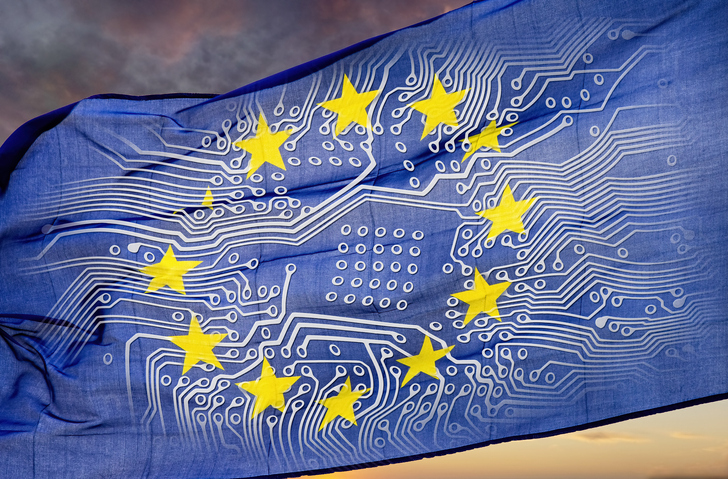
Academic publication regarding “The destruction of copyright” in the Journal of Intellectual Property Law and Practice

Specialised Lawyer for Copyright and Media Law View profile
Today, many internet services rely on material freely provided by their users as the main source of content offered on their services. In many cases, these platforms have become a primary location where that content is consumed, and they directly compete with ‘established’ content providers such as Spotify, Netflix and others. A major difference between the two groups, however, is that the content offered by mainstream platforms has usually been licensed by copyright owners. The facts created by this new situation and how the courts and legislatures respond in practice prompt an analysis of (i) whether the fundamental principles of copyright are still valued by courts and legislatures; (ii) where these new services fit into current legal frameworks; (iii) what gaps of responsibility need to be closed; and (iv) what fundamental rights, such as freedom of expression, the free movement of information, and the protection of personal data, need to be balanced in order to create a level playing field with fair and equal rules applying to competitors.
The academic article “The destruction of copyright—are jurisprudence and legislators throwing fundamental principles of copyright under the bus?” by Dr. Kerstin Bäcker and Dr. Ursula Feindor-Schmidt analyses the fundamental principles of copyright, which are rooted in international treaties and incorporated in EU law. It evaluates CJEU case-law, dealing with third-party enablers, comparable to online sharing platforms and considers where the development in the upcoming YouTube/Uploaded case is heading. The article further observes how new legislative regulation included in Directive (EU) 2019/7904 (DSM Directive) and in the Digital Services Act package (DSA) regarding platform liability considers those fundamental principles and offers an outlook on how the German legislator is acting in this respect.
The article has been published in the Journal of Intellectual Property & Practice by Oxford University Press on 17 January 2021 and can be accessed here.


